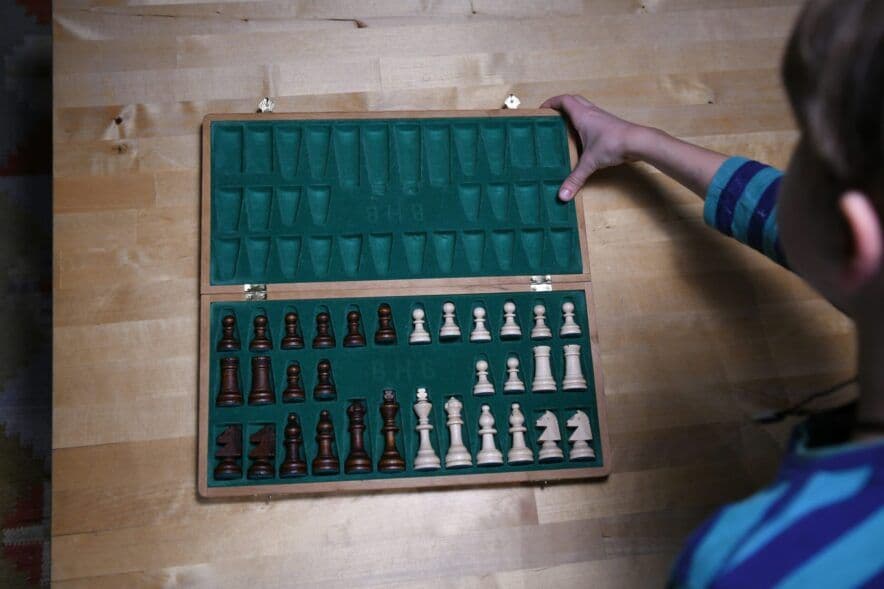General News
In The Field
Research
New free program will support families to deal with separation and divorce

FDC-Friendly
Freya Lucas
Jun 28, 2024
Save
Parents and carers who are navigating separation or divorce are being supported by an Australian first free program which has been developed by experts and backed by extensive research.
Family Transitions Triple P Online, developed by the Triple P – Positive Parenting Program, is an easy-to-use online resource that gives proven tips and strategies for managing the transition in a way that can boost parenting confidence and minimise the impact on children.The free online program supports parents and carers to:
- create a stable, reassuring environment for children
- reduce adverse effects and help them feel supported, reassured and secure
- help children and themselves to manage emotions and develop good coping skills
- handle challenging moments more calmly and confidently
- build effective communication and problem-solving skills to reduce conflict and co-parent more effectively
- adapt and evolve in their new family dynamic.
With statistics showing that almost half of the divorces in Australia involve children aged 18 years or younger, the program has the potential to make a significant difference in the lives of children and families.
“The research shows divorce itself isn't harmful to children. It's how parents and carers manage the transition through separation and divorce that has the potential to negatively impact children,” Clinical Psychologist Dr Helen Stallman said.
"Parenting can be challenging at the best of times. Add separation or divorce on top of that, and it can become even harder. It's normal for parents and carers to feel concerned about how this big life change may affect their child,” she added.
Through the program parents are given evidence-based tips and strategies to avoid common parenting traps, help children adjust, manage emotions and co-parent effectively, recognising that while this transition stage is often a tough time for families, “it's not just about coping skills, it's also about evolving and moving forward in a new family dynamic.”
“Parental separation and divorce can affect children’s trust, sense of stability and safety, and support needs,” Dr Stallman added.
“For young children who don’t have the language and cognitive skills to completely understand what is happening, parental separation can lead to entrenched feelings of rejection and abandonment if both parents don’t maintain a healthy relationship with the child and an active presence in the child’s life. Left unchecked, these can cause lifelong problems with a poor self-esteem, relationship problems, particularly future romantic relationships, and emotional and behavioural problems.”
Whether one or both of the separating or divorcing parents/carers complete the program, it is a tool which can help them to navigate the transition more carefully, with practical tips and strategies to use now and in the future..
Parents and carers can sign up to Family Transitions Triple P Online here.
Tips for Educators
Educators can encourage parents or carers to:
- work together to ensure their child continues to feel loved, cared about and supported by both parents during the transition period and beyond.
- ensure regular time with each parent and provide a safe predictable routine.
- Avoid any conflict in front of children, putting the other parent down, one parent trying to be the fun parent while the other does the work of parenting, and rehashing former relationship problems.
- Seek help in the form of free, evidence-based Family Transitions Triple P Online, which supports parents and carers to:
- create a stable, reassuring environment for children
- reduce adverse effects and help them feel supported, reassured and secure
- help children and themselves to manage emotions and develop good coping skills
- handle challenging moments more calmly and confidently
- build effective communication and problem-solving skills to reduce conflict and co-parent more effectively
- adapt and evolve in their new family dynamic.
Don’t miss a thing
Related Articles



















